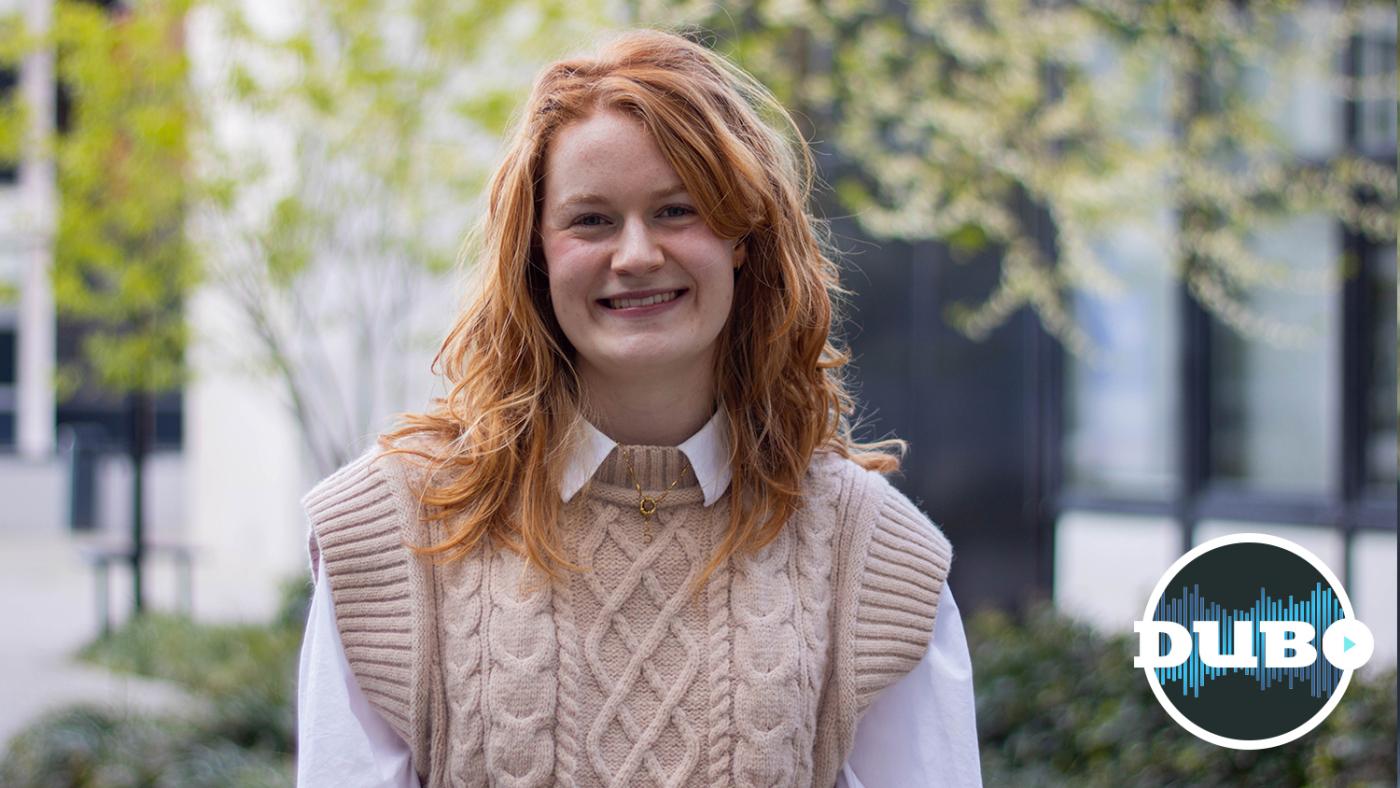Students in Utrecht are always busy
Could things be a bit more ‘tranquilo’, please?

A week ago, I was sitting on a bench in Julianapark, as part of my daily walk in this piece of urban nature. I was hoping that taking a seat would calm my brain a bit. Apparently, I looked like I needed it because a man walked by and said: "Take it easy, you Dutch people are always so rushed, so busy”.
Mental and physical problems
We briefly got to talking and the man told me that he was an immigrant from Spain and missed the Spanish ‘tranquilo’ in the beautiful Netherlands. His remark touched on a subject that has been going through my mind lately: all the crowds and stimuli in the city and the fact that the average (urban) Dutch person seems to think that “busy” is a “normal” answer to the question “how are you?” This makes me wonder whether running around and being busy is part of Dutch culture and, if so, if we are proud of it or if it's all just collateral damage of studying in a modern city. Could things be any different and should we want it to be any different?
Judging from the experiences of students who took part in an exchange programme elsewhere, this take on life certainly depends on the culture and the surroundings. I recently talked to my cousin, who has lived and studied in Vienna for a while, and she told me with a certain nostalgia that students at the University of Austria only get to take exams a few times a year, in order to pass a certain course. In addition, all teachers get a permanent position and thus can teach their classes with passion instead of worrying until the day they retire. Last but not least, there is no such thing as a tuition fee in Austria, as in ten other EU countries.
Not just cramming
I can hear you thinking: “But aren’t these students lacking a bit of pressure? Aren’t they flouting their studies?” Maybe they are, I really couldn’t say. But what I do know is that ever more students or starters in the Netherlands are dropping out due to mental and/or physical symptoms, which isn’t favourable (economically and socially) for society either. I also think that, in essence, it doesn’t sound all that wrong to keep the external and financial pressure to a minimum and to focus on building intrinsic motivation.
My cousin experienced her time in Austria as liberating and found it to be a stimulating learning environment where students and teachers could learn from one another. “It gave me the chance to really dive into the study material, instead of cramping for an exam to receive an approval stamp behind my number, subsequently to forget half of the stuff I learned.”
My cousin experienced it as liberating and found it to be a stimulating learning environment where students and teachers could learn from one another. “It gave me the chance to really observe the study material, instead of cramming for a bunch of exams in order to receive an approval stamp behind my number, only to forget half of the stuff afterwards.”
Quiet city parks
Studying in a city like Utrecht comes with a lot of activities and stimuli, which sometimes makes it difficult to unwind. On the one hand, I think that you can't totally avoid that when living in a densely populated city. On the other hand, I know that there is a lot of room for improvement.
My cousin noticed that, in Vienna, there is a lot more greenery: lovely large parks and rows of benches throughout the city where people take their time to have lunch or read a book (in Utrecht, you have to fight to get that one bench along the Oudegracht if you need to catch your breath.)
I’m convinced that the city reflects the culture and mentality of its inhabitants but it also works the other way around: the design of the surroundings stimulates certain types of behaviours and discourages others. In my view, it would be beneficial for students' mental health if relaxing and unwinding were taken into account more often in the urban design of Utrecht.
Wadden island
I also wonder to what extent the pressure and busyness of studying in Utrecht is something only I have trouble with as an individual, or if many more people are facing the same problem. Sometimes I think “Maybe I just belong on one of the Wadden islands.”
Yet, some of the things I see around me indicate that more people desire a more peaceful urban environment. For instance, when I checked out the plans for redesigning Amsterdamsestraatweg, the street where I live, I was struck that one of the main ideas is creating 2,500 square metres of additional green spaces. What's more, they’re reducing the maximum traffic speed from 50 to 30 km/h.
I've also noticed that students have been more prone to resisting the (financial) pressure put on them. To good effect: the basic student grant (a monthly allowance that all Dutch students used to get, which was abolished in favour of a loan system in 2015, Ed.) is coming back in September and there are plans to lower the binding study advice (the number of credits required to move on to the second year, Ed.).
Despite the fact that we’re often proud of our "harder, faster, better, stronger" mentality, as the title of Trimbos Institute's latest report so accurately puts it, I think it’s important to also show the next generation of students that they should hit the brakes every now and then. The educational system should allow for this more often. Take the time to walk through the park, have some fruit, and start a conversation with a random passerby. Perhaps the conversation will get you thinking, just like my conversation with the Spaniard in Julianapark did.